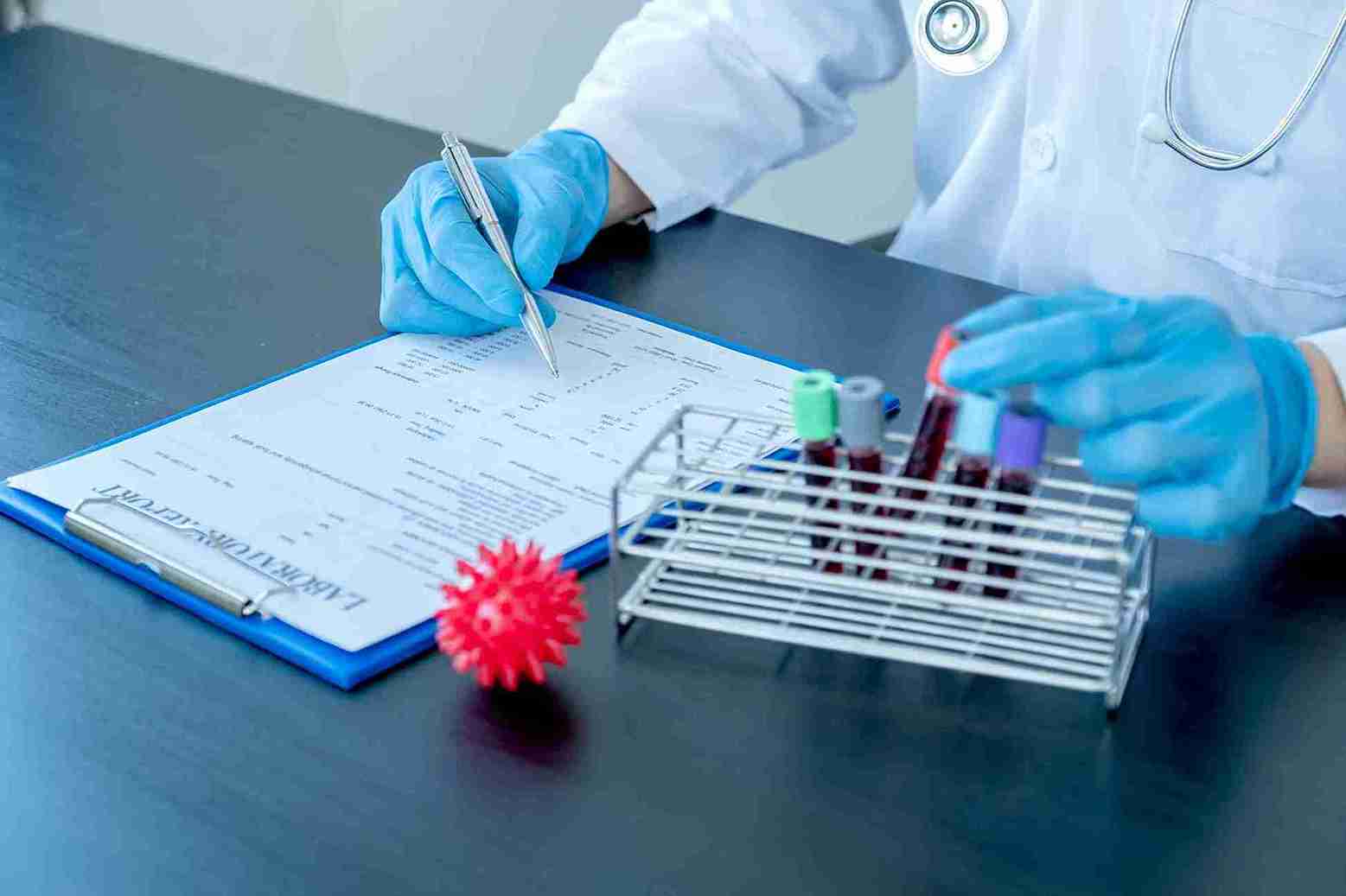
Genetic well-being is important in family planning. Few individuals realise that they can harbour genes for inherited diseases silently, with no symptoms themselves. Carrier screening tests give individuals and couples the power to know their genetic composition so they can make informed choices before or during conception. Awareness of possible risks allows parents to prepare ahead of time to secure optimal health for their future offspring.

Carrier screening test or genetic carrier testing is a type of test to find out if a person is a carrier of gene variants that cause inherited disorders. Simply put, a "carrier" is a person who carries a genetic mutation but is healthy and has no signs or symptoms of the condition. Yet, carriers may pass these mutations on to their offspring.
Carrier testing for pregnancy can detect a variety of genetic conditions, such as:
● Cystic fibrosis – A respiratory and digestive tract condition
● Thalassemia – A blood condition that inhibits haemoglobin production
● Sickle cell disease – A disease that results in abnormal red cells
● Muscular dystrophy – A set of disorders that weaken muscles
● Other inherited metabolic, cardiac and neurological disorders
Carrier status is useful in ascertaining potential risk and taking necessary steps for preventing transmission of severe conditions.
Carrier screening is generally a straightforward, painless procedure. Samples are taken through:
● Blood test
● Saliva sample
● Cheek swab
Next-generation sequencing (NGS) and other advanced lab methods are employed to identify gene mutations. They enable accurate and detailed examination of several genes simultaneously. Results can become available in a matter of days or a few weeks, depending on the laboratory and test.
Carrier testing should be carried out ideally preconception, when the broadest possible range of reproductive options is available. Alternatively, it can be carried out in the first trimester of pregnancy if not before.
Some individuals or couples will have a greater need for testing, such as:
● Those with a family history of genetic illness
● Individuals of a high-risk ethnic background
● Couples who have had previous miscarriages or unexplained infertility
Early education enables families to investigate reproductive choices, take risks and prepare emotionally and medically.

Carrier screening tests are diverse according to scope and intent:
● Targeted testing: Narrow and directed testing for specific conditions found within the family or ethnic group
● Expanded screening: Pan-ethnic panels testing hundreds to thousands of genes
● Tiered panels: Vary from minimum to comprehensive screening, providing flexibility based on individual needs
The test most often chosen is based on individual risk factors, family history and a genetic counsellor's advice.
● Negative result: Low risk of being a carrier for the tested condition
● Positive result: Reveals the person is a carrier of a gene mutation, and partner testing is necessary
● 25% chance that the child will be affected
● 50% chance that the child will be a carrier
● 25% chance that the child won't be affected
Knowing these risks makes it possible for couples to make well-informed reproductive choices and look into methods like IVF with genetic testing.
Carrier screening has several benefits:
● Well-informed decision-making: Couples can prepare for pregnancy or look into alternatives such as IVF, donor gametes or adoption
● Risk reduction: Prevents passing serious genetic disorders onto children
● Peace of mind: Many couples gain reassurance knowing their carrier status and potential risks
Early knowledge equips families to approach pregnancy with confidence and clarity.

While carrier testing is valuable, there are important limitations:
● Not all conditions are detectable: Some rare mutations may not be included
● Emotional impact: Positive results can cause stress or anxiety
● Cost and insurance: Coverage may vary depending on location and provider
Expert genetic counselling is highly advised to properly interpret the results and educate families about what to do next.
When test results show carrier status, couples might consider the following options:
● Genetic counselling of both parents
● IVF with preimplantation genetic testing (PGT)
● Donor eggs or sperm
● Adoption or other family-building methods
● Additional prenatal testing, such as CVS or amniocentesis, during pregnancy
Having clear guidance means that families can make decisions in line with what is important to them and to their health.
Cloudnine is committed to delivering complete reproductive care with a personal touch. Their professionals provide advanced genetic testing, expert counselling and empathetic support at each step of family planning. By integrating state-of-the-art technology with caring attention, Cloudnine equips couples with complete knowledge, support and empowerment to make decisions for a healthy future.

Carrier screening is an informative and proactive measure for all those who are planning a family. By recognising potential genetic threats, couples can make well-informed decisions, minimise the risk of passing on severe conditions and have peace of mind. Discussing carrier screening with a doctor or genetic counsellor is an important aspect of responsible family planning and guarantees maximum benefits for parents and future offspring.

Carrier screening screens for gene mutations associated with inherited disorders, including cystic fibrosis, thalassemia, sickle cell disease and muscular dystrophy.

Some of the common carrier genetic tests are screening for cystic fibrosis, spinal muscular atrophy (SMA) screening and hemoglobinopathy screening (thalassemia and sickle cell disease).

NIPT (Non-Invasive Prenatal Testing) tests for fetal chromosomal abnormalities during pregnancy, while carrier screening tests future parents for gene mutations they may transmit to their child.

Yes. Carrier screening identifies risks of inherited conditions, enables informed family planning and offers reassurance, making it an invaluable tool for future parents.